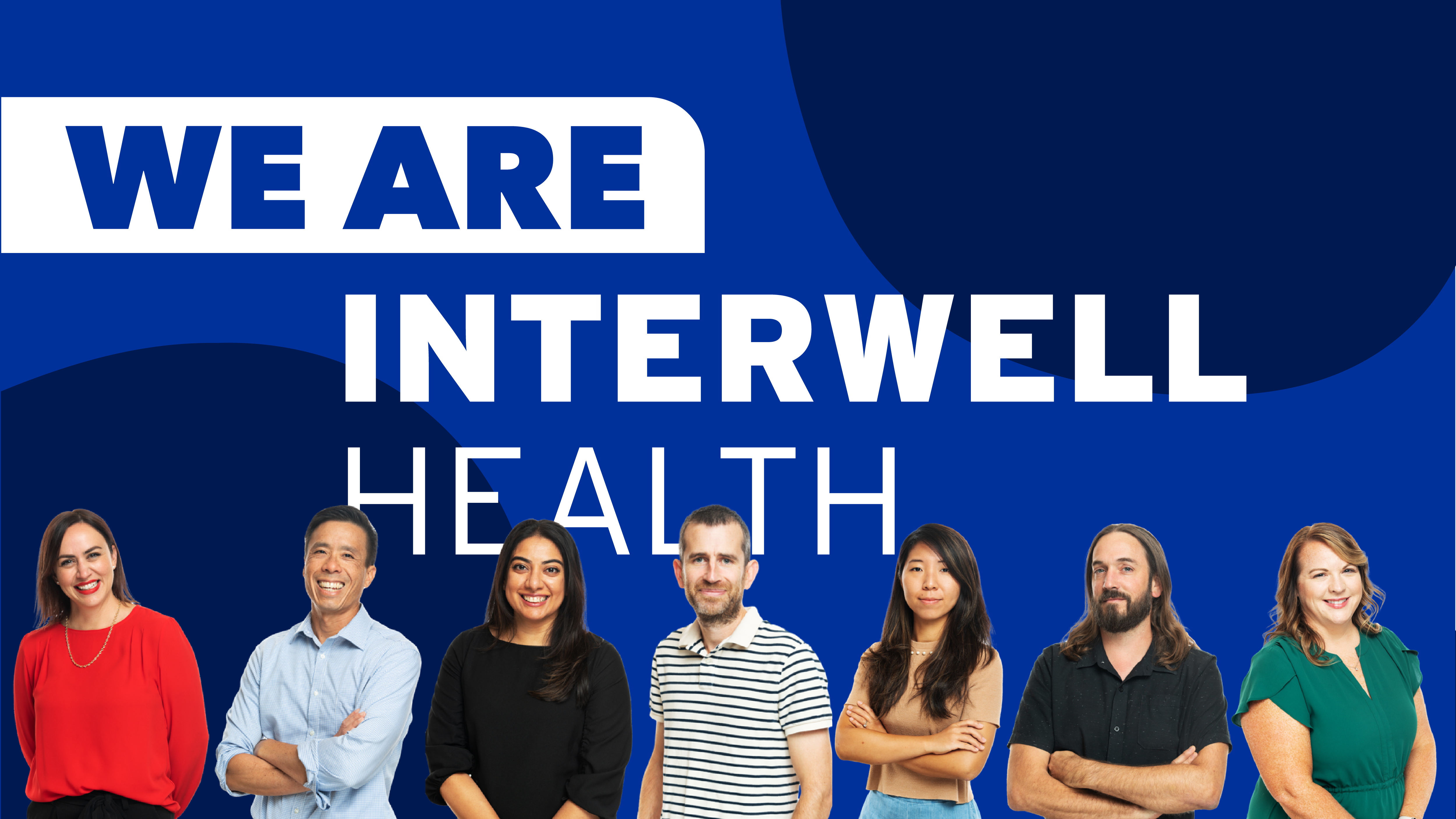The Comprehensive Kidney Care Contracting (CKCC) payment models were designed by the Centers for Medicare and Medicaid Services to offer strong financial incentives to nephrologists who deliver value-based care to people living with chronic kidney disease (CKD) stages 4 and 5 and end stage renal disease (ESRD). The models aim to support providers in delivering care that keeps people healthy, helps them manage the progression of CKD, and helps them make informed treatment choices.
The applications for nephrology practices to apply to participate in this model are open, and they offer a big opportunity for nephrologists – if they get the right support. So we sat down with Cricket Health’s Dr. Carmen A. Peralta and Dr. Neil Marwah, to answer a few questions about CKCC from the nephrologist perspective.
Dr. Carmen A. Peralta, Chief Medical Officer at Cricket Health, is a General Nephrology physician whose career spans both academia and health tech industries. She has authored over 160 research papers and dedicated her career to investigating early detection and management strategies for kidney disease and hypertension.
Dr. Neil Marwah, Vice President of Network Strategy and Provider Experience at Cricket Health, is a board-certified Nephrologist who has served as the medical director for 13 dialysis centers and on the Medical Advisory Boards of Banner Health; Fresenius Medical Care; and CVC, the largest cardiology practice in Arizona.
Q: Why is value-based care important for kidney disease care in particular?
C: To describe the unique need for value-based care in kidney disease care, we need to go into a little history. In 1972, Medicare extended coverage to individuals with ESRD who needed either dialysis or transplantation to stay alive. This moved all the economic incentives for payers to the end stage of disease.
Value-based care changes that paradigm, shifting providers’ attention to the early stages of CKD. Value-based care empowers nephrologists to focus on the care that will allow each patient to have a higher quality of life and better health outcomes.
Value-based care also has the potential to help improve health equity. In order to be successful in value-based care systems, care models have to increase attention, treatment, and support for the patients at the highest risk, including persons who self identify as race/ethnic minorities and populations who are affected by social and behavioral determinants of health like socioeconomic status, food deserts or mental health barriers. Value-based care reimburses providers for addressing nonclinical barriers to good health care. This means we are treating each patient as a human being with a payment system that supports that.
N: In addition to the social determinants of health Carmen mentioned, most patients with CKD are also managing additional chronic diseases like diabetes. These are patients who need holistic care. It takes a village to provide the care they need. Under a value-based care system, that village is supported. The pharmacists, dieticians, and social workers working with primary care providers and specialists can work together to support each patient.
Q: What is the CKCC?
N: The Comprehensive Kidney Care Contracting model is a value-based program that caters specifically to the care of chronic kidney disease. There is a three-pronged goal: slow the progression of CKD; get transplants to individuals before or soon after they need dialysis; and if a patient does need dialysis, ensure they are well-prepared for it. Right now, these three things are not happening because there are no resources to incentivize or support them.
C: These are voluntary programs that were created to support nephrologists moving into value-based care by providing a payment structure that allows them to care for their CKD patients in a holistic way.
Q: How does the CKCC model build on the existing Comprehensive End Stage Renal Disease (ERSD) Care Model?
N: All of the value-based programs to date have focused on dialysis patients, not the stages of CKD before dialysis. The CKCC model moves the process upstream, incentivizing early identification and preventive care before a patient requires dialysis. This is a program that is physician-centric, allowing physicians themselves to be captains of the ship.
Q: How does this change the patient’s experience?
C: It changes the patient experience for the better because it supports physicians spending more attention and care in early stages of CKD (4 and 5), which helps patients proactively care for their disease before they need dialysis. Nephrologists get a wider view of the patients’ needs and are incentivized to support the personalized journey for each patient, working to address barriers that are preventing each patient from thriving.
Q: What role does education play in this model?
N: A well-educated patient is an empowered patient. They are able to understand their disease better and not get overwhelmed. Once they have the knowledge to take care of themselves they are able to be more proactive. A well-educated patient can take part in the decision-making related to their own health. When dealing with CKD, there are several choices a patient may have, such as how and where they want to receive dialysis. Patients who understand their options feel more confident in their decisions.
Q: What role does identification play in this model?
N: About 90 percent of people with kidney disease do not know they have it. The symptoms, especially in early stages, are difficult to identify. This value-based program makes the system seek out the patients who have kidney disease but don’t know it and wouldn’t normally reach out to a doctor about. This is not just numbers though – it’s improving lives.
Q: How does this help the providers?
C: At Cricket Health, we believe that nephrologists should lead the transformation of kidney care, and the CKCC does just that. The models were designed to help nephrologists take the lead too develop the interventions that are going to make their patients successful in the model. Nephrologists know their patients best and have the training and expertise to know what kind of care they need. Neil said it well earlier when he mentioned that it allows the physicians to be captains of the ship, leading their patients’ care journeys.
Q: How can Cricket Health help nephrologists?
N: Right now, nephrologists are doing what they do best: using their specialized training to care for their patients’ kidney disease. However, under the value-based care model, there is a lot of additional work conducted between appointments – which is a good thing for patients. That is where we step in. Our multidisciplinary care team is an extension of the physician service, providing individualized education, medication adjustment counsel, social worker support, and dietary advice that patients seek and often do not receive. We also have peer mentors who have been on this journey and can offer their advice, which gives patients a sense of comradery and hope. These services that Cricket Health offers are what is lacking currently. It’s not that physicians need to do more, but they need to be in a system that can support them in fulfilling their patients’ needs.
C: Patients who live with CKD typically live with other comorbidities and socioeconomic barriers to care, which is why holistic care is uniquely important for this population. At Cricket Health, we believe to achieve that holistic care, nephrologists need the support of a multidisciplinary care team. Cricket Health can provide analytics to risk-stratify existing and new patients, ensuring that the care meets each patient where they are in their care journey. Our multidisciplinary care team provides professional and personalized attention to the patients, working as the eyes and ears between nephrology appointments.
Q: What advice would you give fellow nephrologists?
N: Change is never easy. As a physician, I was not taught anything about the business of medicine. But once you understand the program, you can adapt to the changes and improve the lives of your patients.
C: Value-based care is coming, and with the right partner, you can become an expert early in the shift, opening your practice up to more opportunities to extend your care in value-based care programs.




